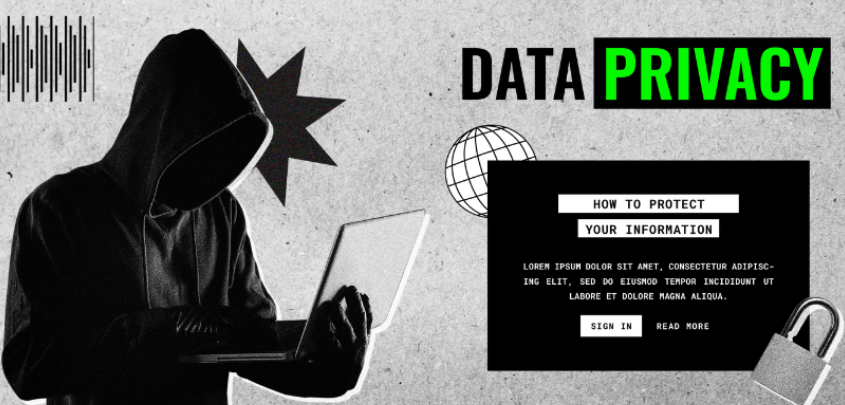
29, Mar, 2024
Data Breaches: Understanding the Threat and Protecting Yourself in India’s Digital Landscape
In today’s India, our digital lives are intertwined with everything from online banking,UPI to social media profiles and even fitness trackers linked to health apps. While convenient, this interconnectedness also makes us vulnerable to data breaches, a growing threat in our country.
What is a Data Breach?
A data breach is a security incident where unauthorized access is gained to sensitive, confidential, or protected data. This can include anything from names and addresses to Aadhaar numbers, credit card details, and even phone numbers.
The Indian Data Breach Landscape – A Rude Awakening
Hackers often target Indian databases due to perceived weaker security measures.
India has witnessed several high-profile data breaches in recent years. Remember the Domino’s data leak of 2021, where millions of customer orders – complete with personal details – were exposed? This is just one example.
The BigBasket data leak in 2019 compromised user data, and the Air India breach in 2021 exposed passenger information.While not a direct data breach, but concerns linger about the potential misuse of sensitive Aadhaar data collected by various entities. These incidents highlight the need for robust data security practices.
How Do Data Breaches Happen in India?
Similar to global trends, data breaches in India can occur through various methods:
- Hacking: Predators exploit vulnerabilities in computer systems to gain access to data.
- Phishing: Deceptive emails or SMS messages (often mimicking trusted sources) trick people into revealing personal information like passwords or OTPs.
- Malware: Malicious software downloaded unknowingly can steal data from your device.
- Insider Threats: Employees with access to sensitive data may misuse it for personal gain.
What Should You Do If You’re Affected by a Data Breach?
If you suspect your information has been compromised in a data breach, here are some steps you can take:
- Change your passwords: Immediately change the passwords for any accounts that may have been compromised, including online banking apps, email, social media, and even fitness trackers.
- Monitor your accounts: Keep a close eye on your bank statements, credit card reports, and UPI transactions for any suspicious activity.
- Report the breach: If you believe your information has been compromised, consider reporting it to the CERT-In (Indian Computer Emergency Response Team) at https://www.cert-in.org.in/.
Minimize Your Risk of Being Affected by a Data Breach
While data breaches are a serious concern, here’s how to minimize your risk:
- Use strong passwords: Create complex passwords that are difficult to guess, and avoid using the same password for multiple accounts.
- Enable two-factor authentication (2FA): This adds an extra layer of security by requiring a second verification step, such as a code sent to your phone.
- Be careful what information you share online: Think twice before sharing details like your Aadhaar number or complete date of birth on social media or other public websites.
- Be wary of phishing attempts: Don’t click on suspicious links or open attachments in emails or SMS messages from unknown senders. Verify the sender’s identity before responding.
- Keep your software up to date: Make sure you are running the latest versions of your operating system, mobile apps, and security software on your devices.
How to Check for Data Breaches:
Here are some ways to check if your data has been exposed in a breach:
- Free Data Breach Checkers: Websites like Have I Been Pwned?: https://haveibeenpwned.com/ allow you to enter your email address to see if it has appeared in any known data breaches.
- Credit Monitoring Services: Some credit card companies and financial institutions offer free credit monitoring services that can alert you if your information is found on the dark web.
Stay Safe in the Digital Age
Data breaches are a growing concern in India’s digital landscape. However, by understanding the threat and taking proactive measures to protect yourself, you can significantly reduce your risk of becoming a victim.
